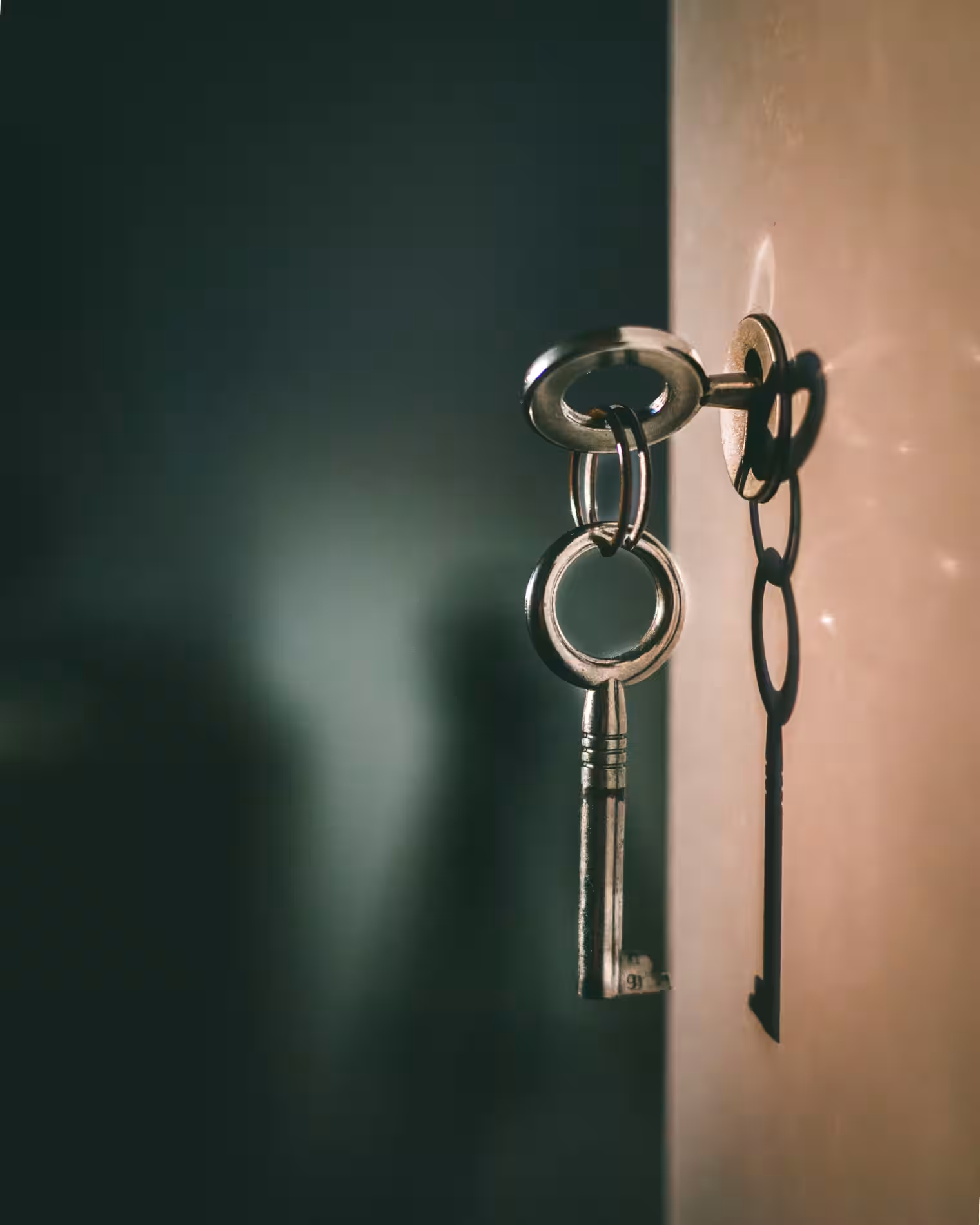No one wants to think about losing their valuables, whether that’s from theft, floods or fires – but it is important to be prepared should the unthinkable happen. Buying a safe for your home is a great investment for keeping your valuables safe and protected.
When looking to buy a safe to protect your valuables, whether it’s cash, jewellery, electronics or anything else that is too sacred to lose. Our guide will help you find out the insurance standards your safe should meet, the right size safe for you, what locking options are available and the other factors that you should consider when buying a safe.
What is an insurance-rated safe, and how to choose the right one for me?
An insurance rating simply tells you how secure a safe is. A safe’s insurance rating takes into account the level of security and the maximum amount of cash an insurance company will cover when valuables are stored in the safe overnight. The higher the score, the more secure the safe.
Insurance rating is broken down into two parts; the cash rating and the valuables rating.
- The valuables rating is usually 10 times the amount of the cash rating.
- Cash rating usually starts from £1000 and can range all the way up to £250,000. So, if your safe had a cash rating of £2000, it would most likely mean that it has a valuable rating of around £20,000.
We recommend checking with your insurer what you are covered to keep in your safe and which insurance rating is best for what you are trying to keep safe.
Common insurance-rated safe safety factors
When choosing a safe for your home and valuables, consider the 4 common factors that will impact the insurance rating of your home’s safe:
- The type of lock used and the security and complexity of it
- The strength and thickness of the walls and doors of the safe
- The general overall quality of the safe
- How easy is the safe to move around?
What size safe do I need to buy?
Picking the right size safe is important, as it needs to be big enough to fit all your intended valuables inside.
Pick a safe based on the size of your valuables
One of the first things to do is collect all the valuables you plan on putting inside and establish the size of the safe you will need – we recommend picking one size bigger than you think you need to be on the safe side.
Pick a safe based on space availability in your home
As safes are often big and heavy, you will also need to consider where you will keep the safe and the space available to you in your home.
If you’re unsure about what size to choose, contact the seller or manufacturer of the safe you are looking to buy and double-check with them.
What type of safe lock should I choose?
Safes come with a range of different types of locks. There are four main types; a key lock, a digital lock, a mechanical lock and a biometric lock. Choosing the type of lock can be detrimental to the safety of your safe, and each type of lock comes with its own pros and cons, so it’s best to research to find the one best suited to you.
Key Lock
Traditionally, safes often had locks that required a key to access. The downside of opting for this is that you will need to make sure not to lose the key but also keep it safe to prevent someone easily gaining access to your safe.
Digital Lock
Digital locks are a popular choice as they make accessing your valuables quick and easy. They do have some downsides; for example, they require batteries to open, so you need to make sure to change the batteries regularly, but your safe should sound an alert when your batteries need changing.
Mechanical Lock
Mechanical locks come in the form of a dial and are considered very reliable. They can be tricky to use, so we only recommend choosing this type of lock if you have experience in using them before.
Biometric / Finger-scan Lock
Biometric locks use either your voice, fingerprint or sometimes your eye to open the safe. They are considered to be very secure and can be ideal for those worrying about forgetting a code or losing a key.
What do I want my safe to withstand?
Another thing to consider when buying a safe is what you want the safe to withstand, for example, if you want to ensure your valuables are safe in the event of fire then you need to make sure your safe is capable of doing so. We recommend doing plenty of research to choose a safe that fits all your needs and requirements.
How do I insure my safe and valuables?
Once you’ve selected the safe you wish to buy, it is important to ensure that it is insured.
At Stanhope Insurance, we offer bespoke high-value home and content insurance that can cover your property and valuables, giving you complete peace of mind.
For more information about our high-value home insurance offering, get in touch with our expert team, who will be able to advise you on the most suitable policy for your needs.

